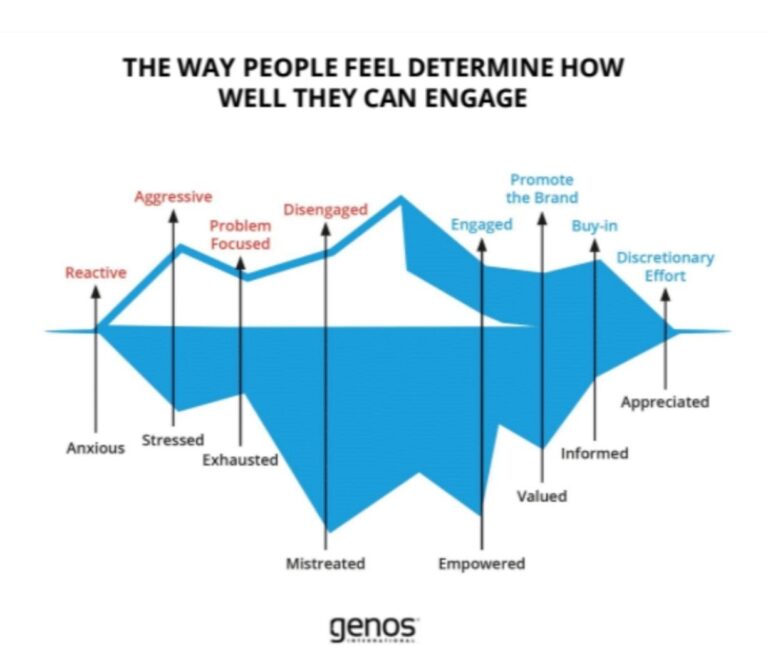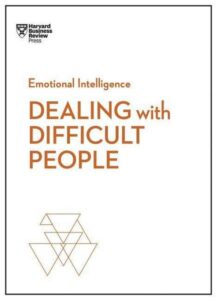Since I started this report, by now five weeks have passed already, and I am always surprised how fast time goes by. Even though we are still in a global pandemic it does not feel for me, that time has slowed down. It goes there the same way as it did before, just our way of looking at it has changed in between. But this is another topic, which warrants another blogpost.
Here we are in week five. I shared my journey with you till here and there has been so much knowledge and takeaways that I sometimes feel I didn’t even capture them enough. But for me, it was also a huge change in many personal aspects. Training my self-awareness of my own Emotional Intelligence became a habit. And aren’t we all looking for new habits for the new year? Did you make one since you promised it to yourself before the clock hit 12? Maybe EI is what you have been waiting for?
This session covered the use and meaning of group-based debriefs which can be a good tool for teams to work on different actions together. Each one might get their actions to take which helps the group to grow and change for future challenges. But as in everything you are doing in a group it hides difficulties too. For example, time management for the instructor to give equal time and figure out where actions would be useful. Also in a group, we have to keep in mind different personalities are coming together where we need to be careful to keep the spirit positive.
We also got a short introduction to the Emotional Culture Index which Genos offers as well. It is a completely anonymous concept for companies to figure out how people feel in their work environment and what they struggle with or what makes them really happy. It helps to take action in the emotional culture of a company.
“The way people feel determines how well they can engage.”

To every feeling we might go through for example at our workplace there is an action related to it. It is beautifully explained with the iceberg model above. Have you ever felt any of those feelings and caught your reaction to the situation?
We can not always control situations or circumstances, but we can learn to control our reactions in different situations. If you want to know more about the impact of emotional culture, Harvard Business Review shares a very interesting article about how to manage your emotional culture.
Talking about the Harvard Business Review leads me to the real story of why and how I got in contact with Emotional Intelligence as a topic. And not only as an action I unknowingly used already.
Everything happened at an airport. Yes, there were times where it was normal to go on vacations and board a plane without getting a side-eye. 🙂
So, I am one of those who always, and when I say always I mean like every single time when I travel, they gift me with their very special extra treatment during the security check. If you know, you know. And seriously I am at the point where I would be disappointed if they wouldn’t pick me out of the crowd. (If you are an airport staff reading this, I am obviously joking.)
Well, I am a very patient human being and I also understand why they do what they do. But on that day I went through a very unprofessional security check where the awareness of their own and others Emotional Intelligence was clearly missing. The lady was not only extremely unfriendly she was also very rude and unprofessional with me and other travelers. I tried to stay calm until a point where I couldn’t hold myself back. Which was when her expression against another woman in front of me was racist. Speaking up for this woman made me the victim of her anger. I felt sad about the situation rather than angry and I just got on my way.
 To change my mind I went through a bookshop just to use some time and there was this little treasure that found its way to me. “Harvard Business Review How To Deal With Difficult People”, yes! Exactly what I needed. And from there the story began…
To change my mind I went through a bookshop just to use some time and there was this little treasure that found its way to me. “Harvard Business Review How To Deal With Difficult People”, yes! Exactly what I needed. And from there the story began…
” He who blames others has a long way to go on his journey. He who blames himself is halfway there. He who blames no one has arrived.” – Chinese Proverb
Be First to Comment